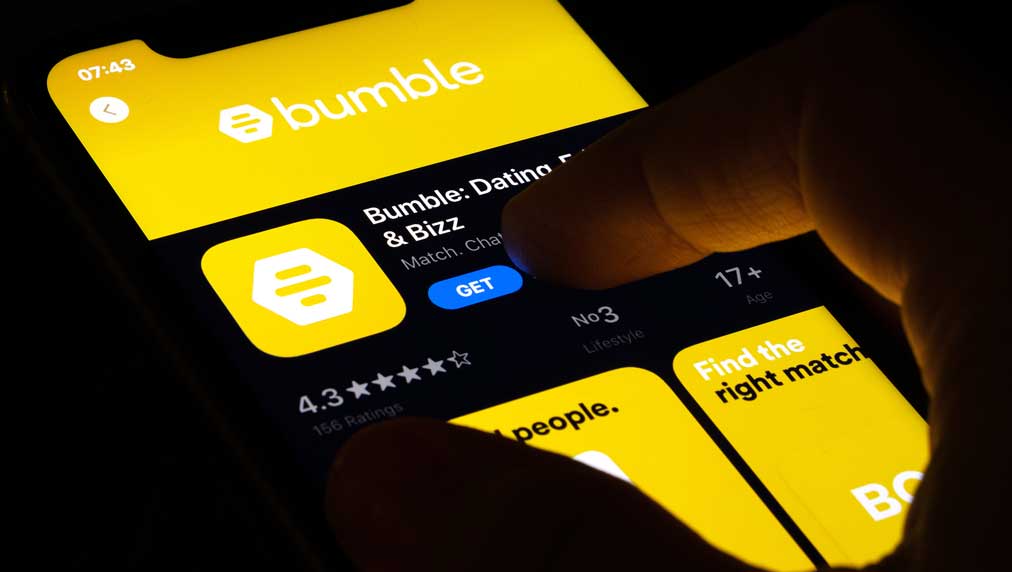
Bumble, the popular dating app known for empowering women to make the first move, has once again taken a significant step toward enhancing user safety and authenticity with the introduction of its latest AI technology, the Deception Detector. Announced on Tuesday, this new AI-powered feature aims to address a growing concern among users regarding the authenticity of profiles they encounter on the platform. By leveraging advanced machine learning models, the Deception Detector is designed to identify and block fake, scam, or spam profiles, effectively reducing the likelihood of users coming into contact with deceptive accounts.
The Problem of Romance Scams
The urgency to implement such technology stems from the alarming increase in romance scams reported over recent years. According to the Federal Trade Commission (FTC), between 2017 and 2021, individuals reported losses amounting to $1.3 billion due to romance scams, many of which originated from dating apps. Bumble’s initiative reflects a broader industry effort to combat this issue, as demonstrated by other dating platforms like Match Group, which has introduced in-app messages warning users of common scam behaviors.
How the Deception Detector Works
- Bumble’s Deception Detector Technology:
- Operates on a machine learning-based model.
- Assesses the authenticity of profiles on the app.
- Effective Blocking:
- During testing, it successfully blocked 95% of accounts identified as spam or scam profiles.
- Contributed to a 45% reduction in member reports of spam, scams, and fake accounts since its deployment.
- Overall Impact:
- Indicates a significant improvement in the user experience.
- Demonstrates Bumble’s proactive approach to enhancing safety and authenticity on the platform.
Bumble’s Commitment to Authentic Connections
This development comes in response to the growing anxiety among users, particularly women, regarding the genuineness of online profiles. Bumble’s own research found that 46% of women surveyed expressed concerns over the authenticity of profiles they match with on dating apps. Lidiane Jones, Bumble’s CEO, emphasized the company’s commitment to building equitable relationships and ensuring genuine connections on the platform. She stated, “In recent years, the online landscape has evolved significantly, and we see a growing concern about authenticity. Bumble Inc. was founded with the aim to build equitable relationships and empower women to make the first move. Deception Detector is our latest innovation as part of our ongoing commitment to our community.”
The integration of the Deception Detector into the Bumble app is seamless for users, who can continue using their accounts as usual while benefiting from the enhanced safety measures. The model’s effectiveness is further bolstered by the support of Bumble’s team of human moderators, adding a crucial human element to the technology’s success.
Bumble’s History with AI
Bumble’s foray into AI-powered safety tools is not new.
- Bumble’s Innovations with AI:
- Launched the Private Detector in 2019, an AI tool that detects and blurs obscene photos.
- Alerted users to potential offensive content through AI analysis.
- Commitment to Community Safety:
- Made the Private Detector’s technology open-source, allowing wider tech community adoption.
- Showcased Bumble’s commitment to leveraging technology for enhancing user safety across platforms.
- Industry Influence:
- Followed by Tinder’s introduction of a machine learning-based user warning system.
- Highlighted a trend among dating apps to use advanced technology in combating online deception.
- Enhancing Online Dating Experience:
- Aimed at ensuring a safer and more authentic online dating experience for users.
- Positioned Bumble as a leader in employing technology for safety and authenticity in the dating app industry.
The introduction of the Deception Detector follows closely on the heels of Tinder’s own machine learning-based user warning system, which detects violations of community guidelines and informs users of the consequences of continued misconduct. These developments highlight a growing trend among dating apps to employ advanced technology in the fight against online deception, ensuring a safer and more authentic online dating experience for users.
Featured Image courtesy of Shutterstock
